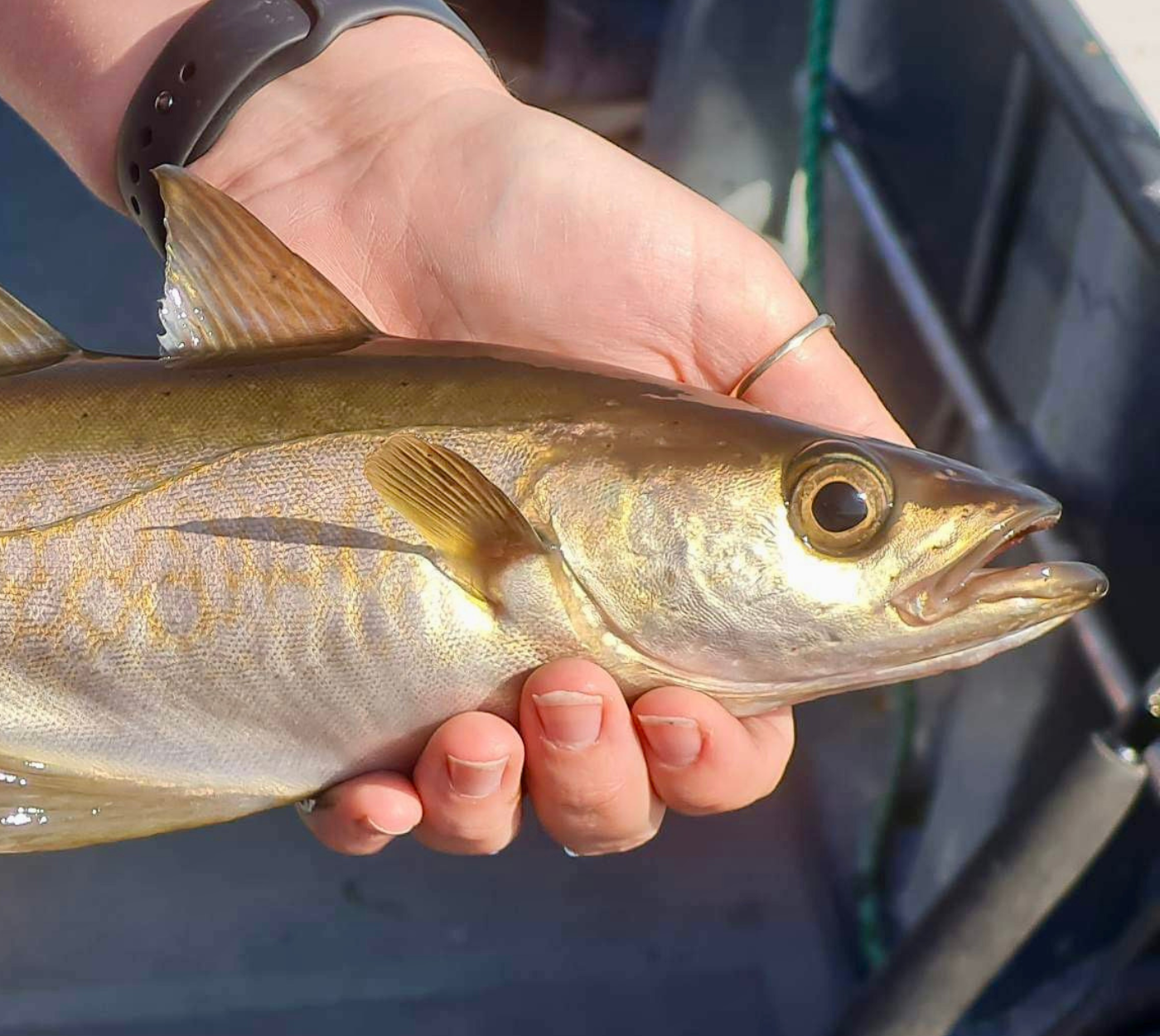
Marine
Pollack Partnership Goes from Strength to Strength
Today (Monday 16th September) the Pollack FISP partnership has released a project video which documents this successful partnership between recreational charter skippers and scientists over the last two years to improve our shared understanding of pollack around the southwest of England. Watch the full video here.
The latest non-technical report for the Pollack FISP project is also published. In this accessible report, recreational anglers and skippers can learn the latest progress from the Pollack FISP project, including initial outcomes from our February 2024 stakeholder workshop and a summary of the fisheries data collection and tagging work so far. You can read the full report here.
What is Pollack FISP?
Pollack FISP is a Fisheries Industry Science Partnership led by the University of Plymouth, in partnership with the Angling Trust, the Professional Boatman’s Association, the Marine Biological Association and the University of York. The project team includes Dr Emma Sheehan, Dr Thomas Stamp and Dr Rebecca Nesbit from the University of Plymouth, Hannah Rudd from the Angling Trust, Dave Uren as Fisheries Liaison Officer, Dr Simon Thomas from the University of York, and Dr Bryce Stewart from the Marine Biological Association.
The project is funded by the Department for Environment Food and Rural Affairs (Defra) via the Fisheries Industry Science Partnership (FISP) scheme, part of the UK Seafood Fund. The FISP scheme is designed to be a true partnership between fishing representatives and research institutions. FISP projects will improve and share knowledge of fisheries through data collection and research to support sustainable fisheries management. The final Pollack FISP results are due to be reported in 2025. There will a further workshop held at the University of Plymouth on Wednesday 12th February 2025 – please contact fishtracking@plymouth.ac.uk if you are interested in attending.
Pollack Best-Practice
In response to calls from recreational anglers and charter skippers for the angling community to play its part in conserving pollack stocks, the Angling Trust has received a small grant through the Fisheries and Seafood Scheme to produce best-practice information for recreational anglers and skippers on the use of descending devices. Due to the depths they are being retrieved from, pollack often experience barotrauma which means anglers who wish to return them to the sea alive find it difficult to overcome this challenge. Descending devices are used in other parts of the world to overcome this challenge and allow anglers to return fish back to the depth they were caught. These resources will be open access and provide information to anglers on how to use and make their own descending device.
As recreational sea anglers, it’s essential to stay informed and engaged in matters that directly impact the health of our ocean and the future of our sport. The Angling Trust is committed to fighting for fish, fishing and the environment.
Make sure you subscribe to our newsletter and join our Facebook group to be the first to know about the latest sea angling policy developments.
You might also like

Another year of anglers’ data reveals another year of…

Get Fishing Fund – Funded Project: ‘Summerhayes Junior Angling…
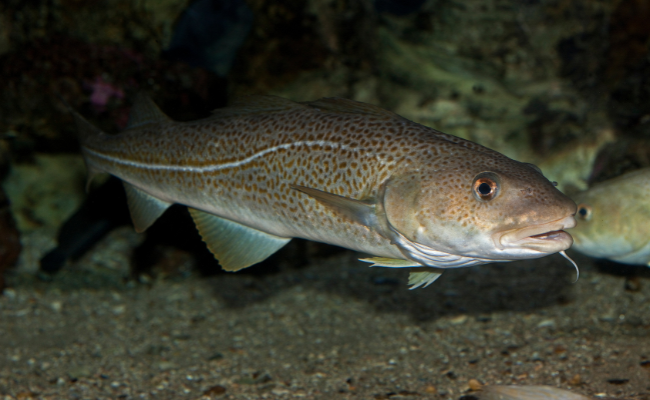
Will the UK-EU Fisheries Deal Deliver for Sustainability and…

The smile says it all! Kayson is hooked! –…
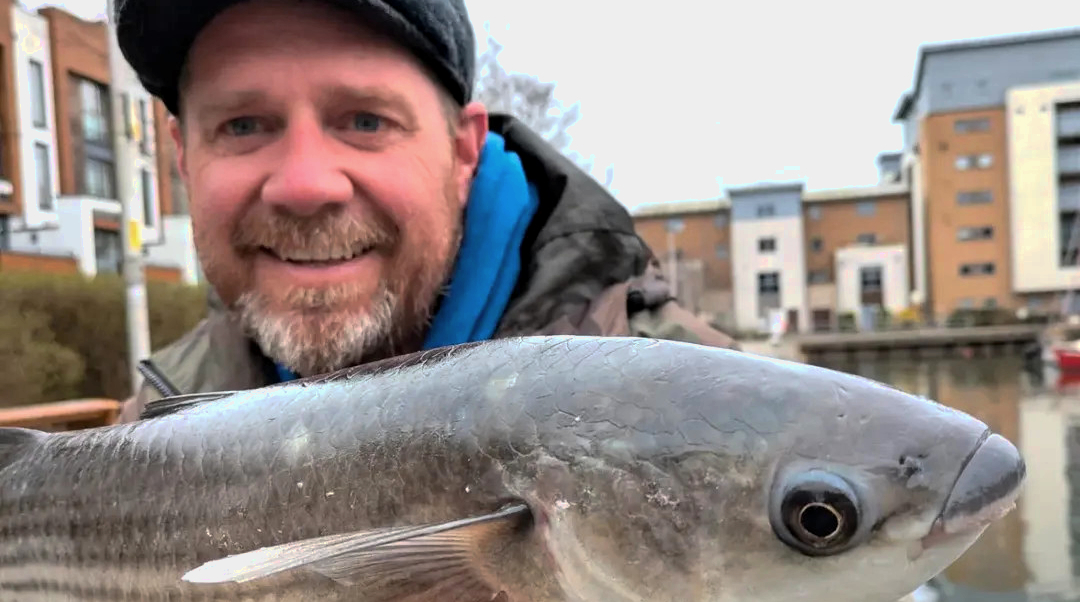
Our Man with a Mullet! Dean Asplin, enjoys a…
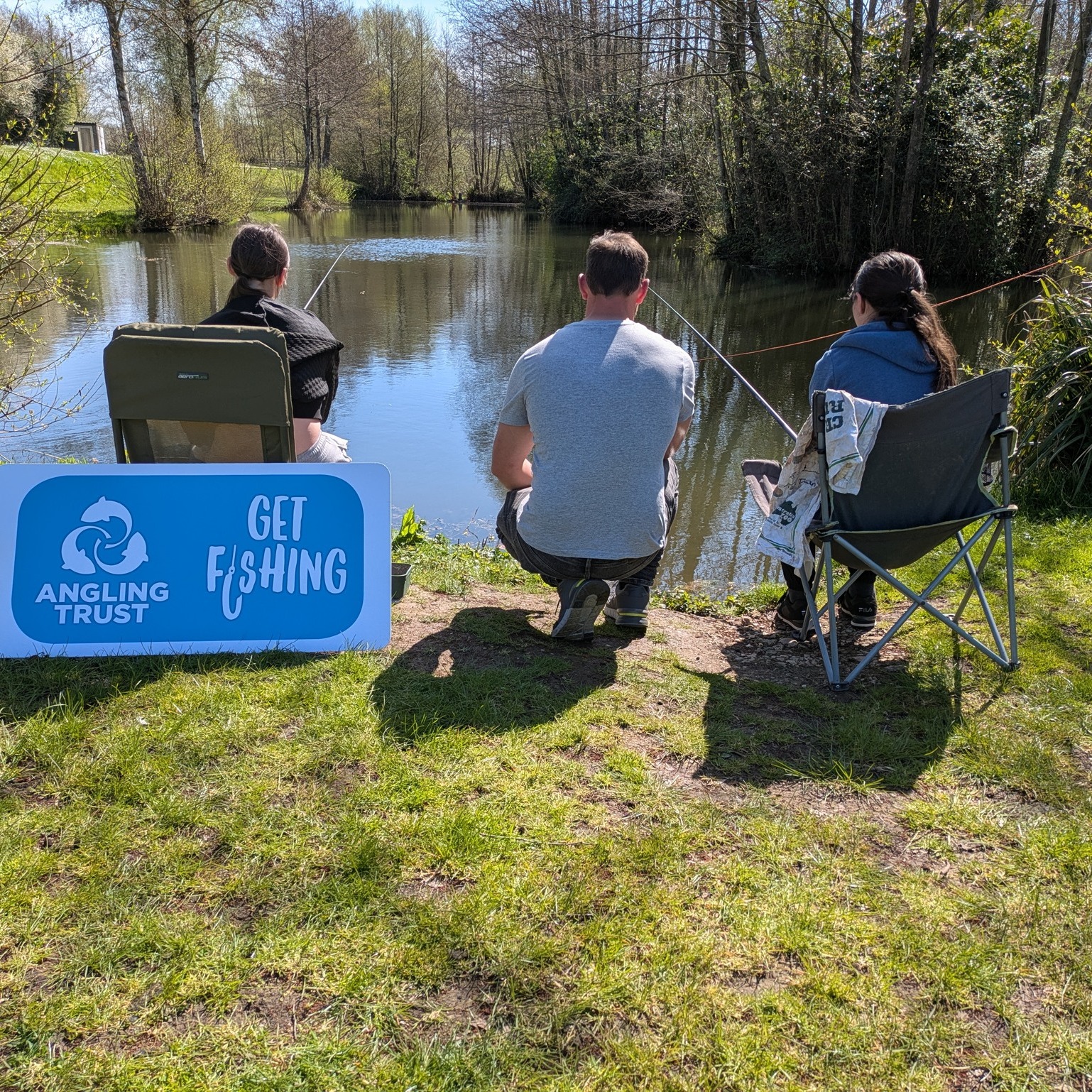
Underdog Crew hosts top draw fishing events with Hintlesham…
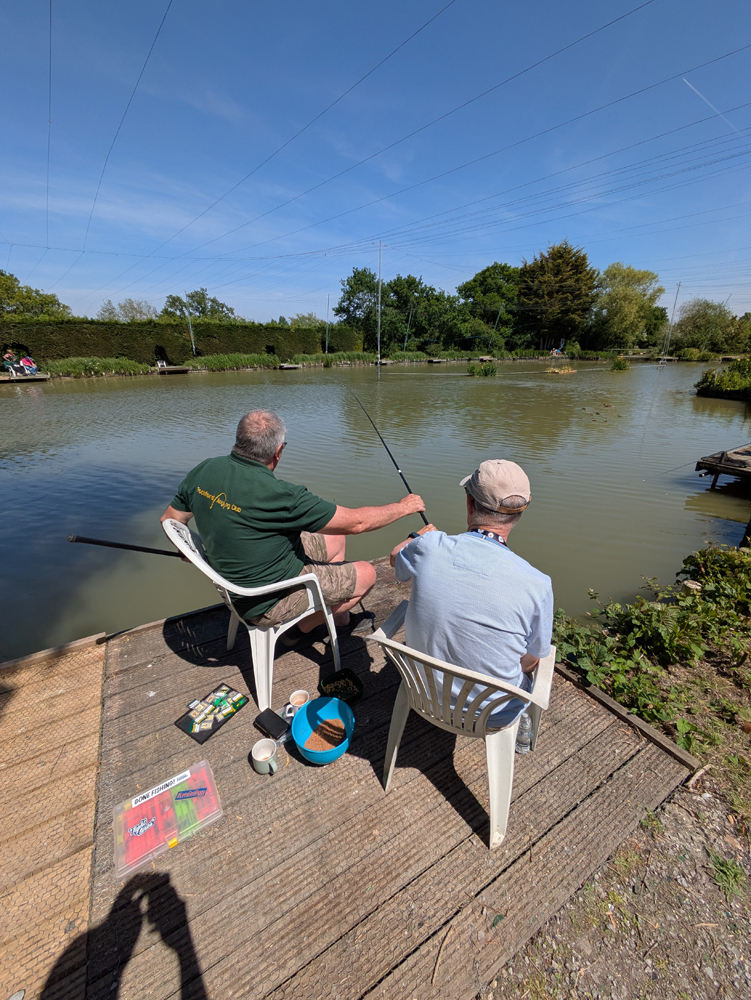
NEW BLOG: Fishing helped my Peaceful Place members with…

Minister’s Visit Highlights Collaborative Action on Pollack Conservation

Angling Trust calls for radical reforms to end sewage…
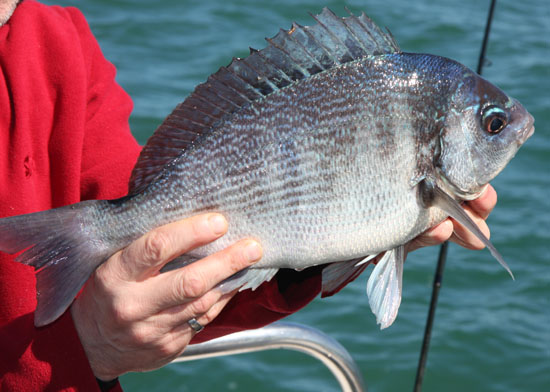
Have Your Say: Shape the Future of Black Bream…
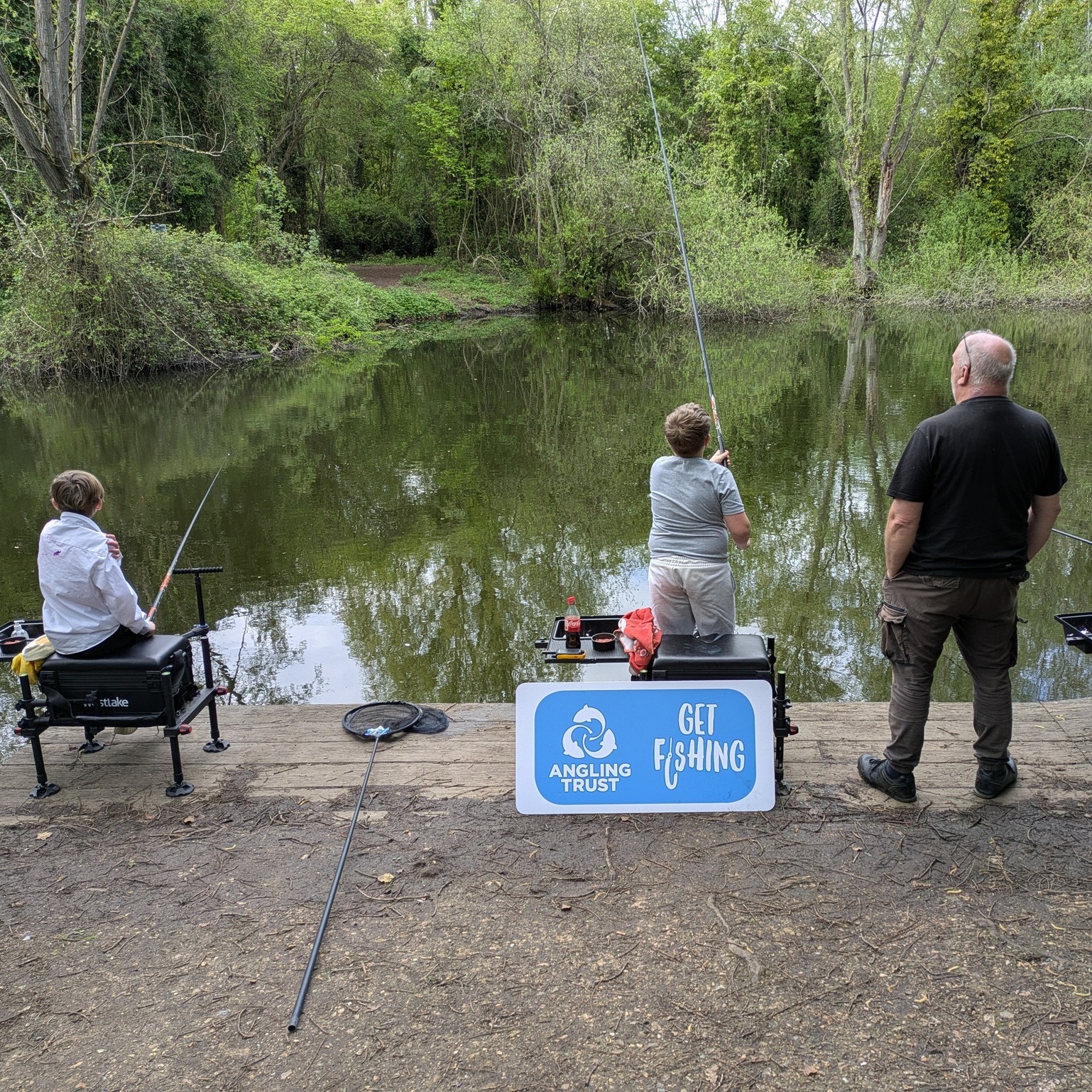
NEW BLOG: Get Fishing Award event for North Cambridge…

Angling Improvement Fund Opens for Nets, Mats & Slings

Another year of anglers’ data reveals another year of…

Get Fishing Fund – Funded Project: ‘Summerhayes Junior Angling…

Will the UK-EU Fisheries Deal Deliver for Sustainability and…

The smile says it all! Kayson is hooked! –…

Our Man with a Mullet! Dean Asplin, enjoys a…

Underdog Crew hosts top draw fishing events with Hintlesham…

NEW BLOG: Fishing helped my Peaceful Place members with…

Minister’s Visit Highlights Collaborative Action on Pollack Conservation

Angling Trust calls for radical reforms to end sewage…

Have Your Say: Shape the Future of Black Bream…

NEW BLOG: Get Fishing Award event for North Cambridge…

Angling Improvement Fund Opens for Nets, Mats & Slings

Another year of anglers’ data reveals another year of…

Get Fishing Fund – Funded Project: ‘Summerhayes Junior Angling…

Will the UK-EU Fisheries Deal Deliver for Sustainability and…

The smile says it all! Kayson is hooked! –…

Our Man with a Mullet! Dean Asplin, enjoys a…

Underdog Crew hosts top draw fishing events with Hintlesham…

NEW BLOG: Fishing helped my Peaceful Place members with…

Minister’s Visit Highlights Collaborative Action on Pollack Conservation

Angling Trust calls for radical reforms to end sewage…

Have Your Say: Shape the Future of Black Bream…

NEW BLOG: Get Fishing Award event for North Cambridge…









